Denver Home Inspection – An Important Guide
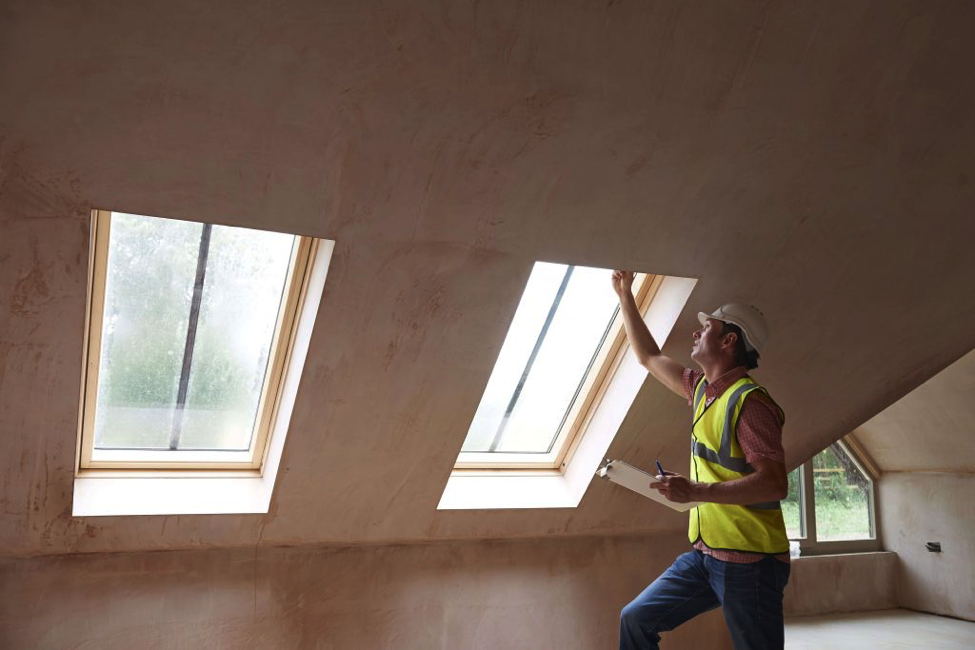
No matter how well you plan or build a house, you are guaranteed to find at least one or two things wrong with it after a number of years!
 Photos By: Freepik
Photos By: Freepik
That’s where home inspection comes in; this is a process that can help you locate and address any issues in a house if you are buying or selling. That said; here are some important things you should know about home inspection.
What Is Home Inspection Exactly?
Home inspection is the process of examining and reporting the condition of a house or any other residential building. Qualified home inspectors check various aspects of the house and provide a report of major and minor defects that need to be addressed. In most cases, a home inspection is executed when someone wishes to purchase a piece of real-estate. The inspector will give the prospective buyer a detailed report of the property’s condition. This will help the buyer decide whether or not they should go with that property.
Home Appraisal vs Inspection
A lot of people tend to mix these two up. Despite the fact that both processes involve an inspection, you need to keep in mind that they have different purposes. The purpose of an inspection is to help the buyer or seller understand the condition of that property and what defects need to be fixed. An appraisal, on the other hand, also involves an inspection. However, the purpose of this inspection is to help determine the value of the property.
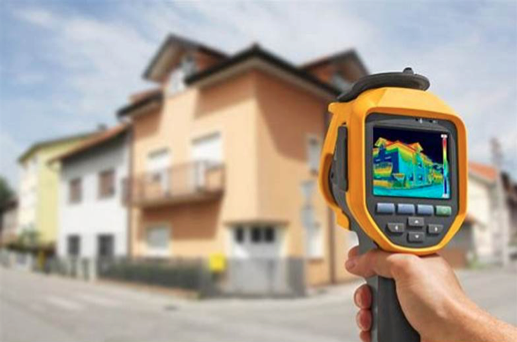
Benefits Of Home Inspection
Here are some of the benefits that come with home inspection:
Can Help Prevent Future Damage To Property and Residents
Some buildings might have serious structural damage. If left too long, this could develop into something much worse. The owner runs a risk of having the property deteriorate. The residents of the building are also at risk. An inspection will point these issues out early and prevent future hassles.
Can Help You Plan Ahead
Contrary to what some might think, a home inspection isn’t just for the present time. It can also help you make decisions further down the line. You will be informed of things that might need repairs in future and how much you should be ready to spend. This is most common when dealing with older buildings.
May Reduce The Price Of The Building
When you have received a report from the inspector on the condition of the property, you can re-negotiate the price of the building if there are damages that need fixing. Alternatively, you can ask the seller how they plan to fix the problems.
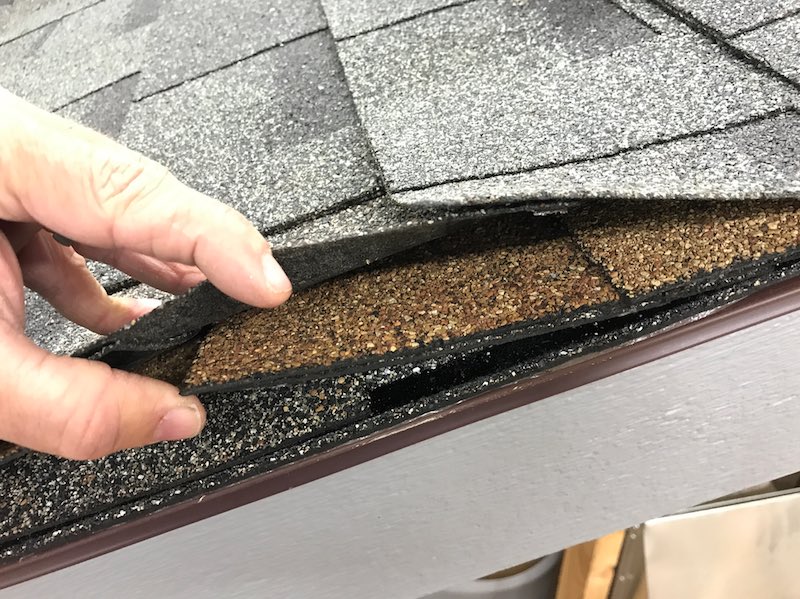
Home Inspection – The Process
If, for instance, you are a prospective home buyer, you might decide to hire an inspector to check the property’s condition. Here are some of the steps that will be carried out during this process:
- Inspector thoroughly assesses the house’s physical structure from the roof to the foundations.
- Inspector checks ventilation systems, heaters, plumbing, etc.
- Inspector provides client with a detailed report and assessment of that property and points out all defects that need to be addressed. The inspector also informs the client of how much repairs will cost.
In most cases, an inspection is conducted after the sales contract between the seller and the buyer has been sealed. As a result of this, you need to ensure that the agreement includes a home inspection contingency. This gives the buyer enough time to hire an inspector and attend the inspection (if the buyer wishes). When the inspector submits the report, the buyer can now make a decision on how to move forward with the deal.
Depending on how serious the defects of the property are, the buyer can ask the seller to fix the problems, renegotiate the price, or terminate the contract.
Note: Sellers also hire inspectors to help them identify any issues that need to be fixed in the building. By doing this, they will know exactly what upgrades and repairs need to be made. This helps them restore their property to the best condition possible and increases their chances of getting buyers.

Do You Need To Be Present For An Inspection?
The short answer is, no. it’s not compulsory for you to attend an inspection. However, when the inspector reports defects, there are some things that you will understand better if you go there in person. You can also ask the inspector to explain things if you don’t understand.
What Parts Of A House Will An Inspector Look At?
It’s important for you to remember that inspectors are different. They don’t have the same levels of thoroughness and experience. However, there are some fundamental things that an inspector should check. Here are some of them:
Plumbing
Good inspectors will always check for leaks and test water pressure. They also check the pipes, showers, and faucets to see if they need replacement. They will also identify and check the building’s main shutoff valve.
Exterior Structure
Another important thing an inspector should check is the exterior of the building. This includes the roof and walls. Many inspectors keep an eye out for broken/missing boarding. The walls should be checked carefully in order to identify structural damages early.
Garage
During an inspection, the frame and structure of the garage will be checked. Inspectors will also ensure that the space is well ventilated in order to prevent poisoning from carbon monoxide. If there is a heater in the garage, the person inspecting will check to ensure that it is high from the ground. This is to prevent car fumes from reacting with the flames from the heater.
Kitchen Appliances
Some houses come with appliances. In such cases, the inspector will check them to see if they are in proper working order. Alternatively, you can check them yourself. There isn’t really anything complicated in this case.
Bathrooms
Obviously, this one is very important. The bathrooms will be thoroughly checked to ensure that pipes are secured and in good condition. They will also check the ventilation in order to prevent mold from developing over time.
What Won’t An Inspector Check In A House?
No matter how hard you try, there are some things that you won’t be able to look at in a house. Here are some things that aren’t covered in an inspection:
- Chimney interiors
- Electrical panel interiors.
- Sewer lines or pipe interiors.
- Inside walls (inspectors don’t open walls or insulation when working).
Note: when an inspector gives you generalized information like “the plumbing system has an issue”, you need to consult a plumber or anyone that specializes in handling that problem. An inspector doesn’t fix defects; he/she only identifies them.
Choose A Good Inspector
As we said before, not all inspectors are at the same level. That’s why it’s important for you to find the best one available. A good and experienced inspector will be able to do a more thorough work. Feel free to visit coloradohomeinspector.com to learn more about home inspector services.
Is It Worth The Price?
A typical home inspection costs roughly around $330 dollars. The amount will vary depending on the inspector. You could end up spending as much as $500 dollars. However, just be sure that you are getting your money’s worth.

Conclusion
Home inspection is a very important part of buying and selling real-estate. This is a process that can help you prevent future damages (if you are an owner), or make an informed decision (if you are a buyer).


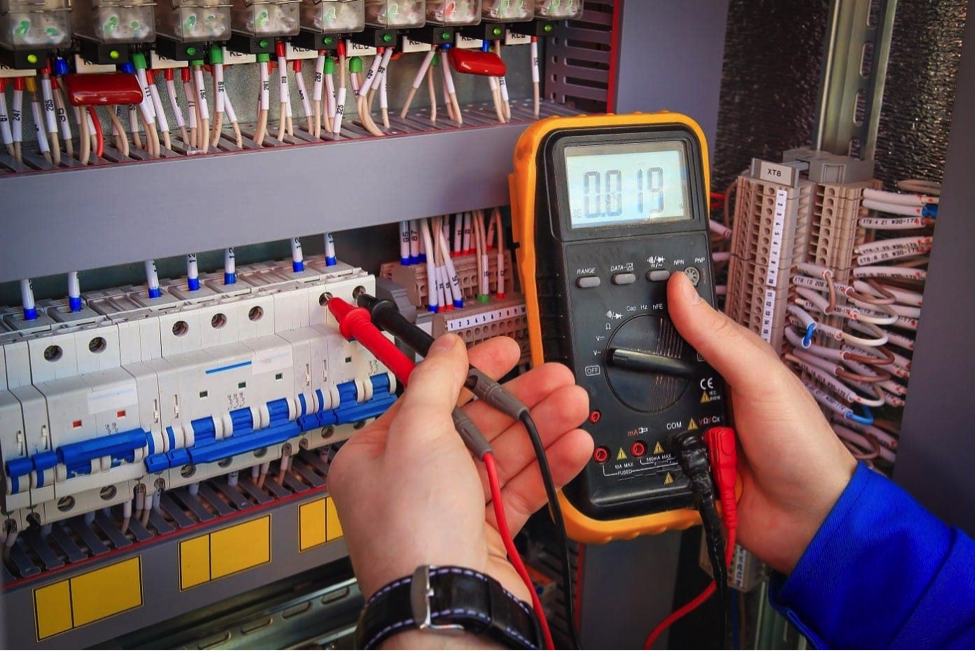

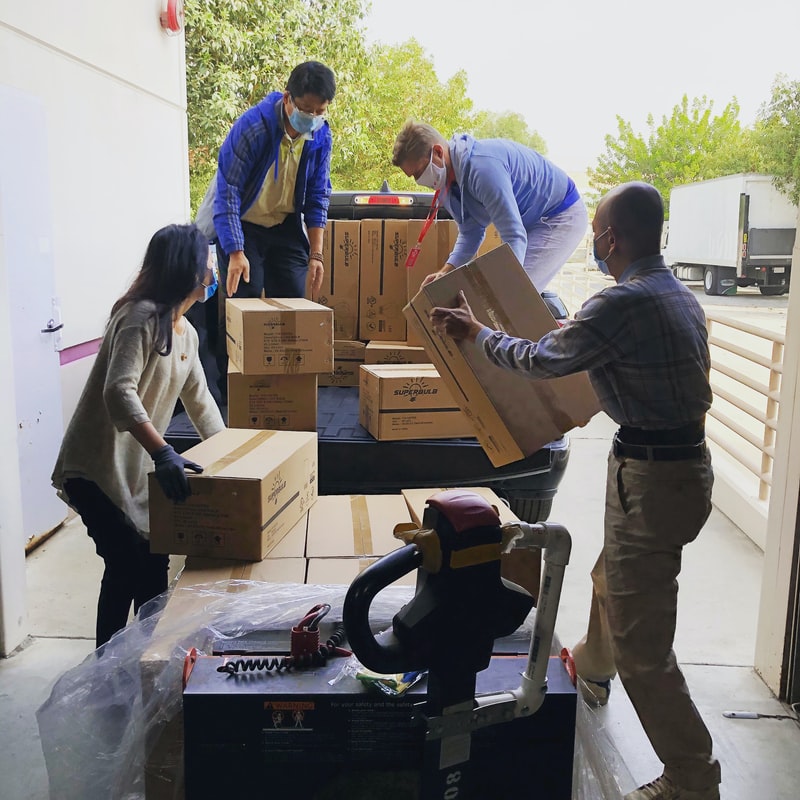


Leave a Comment